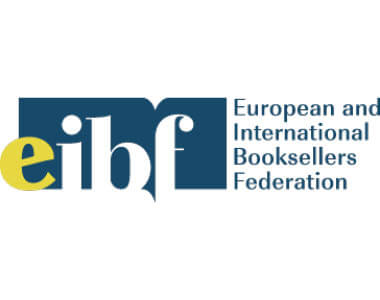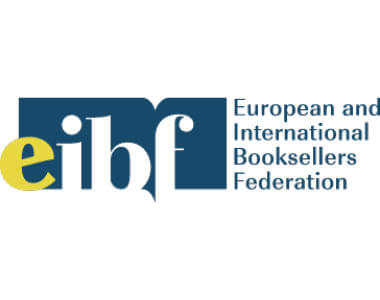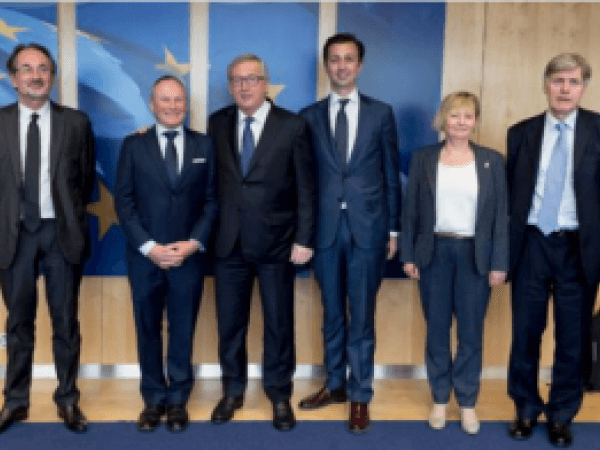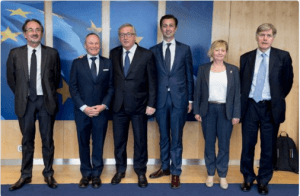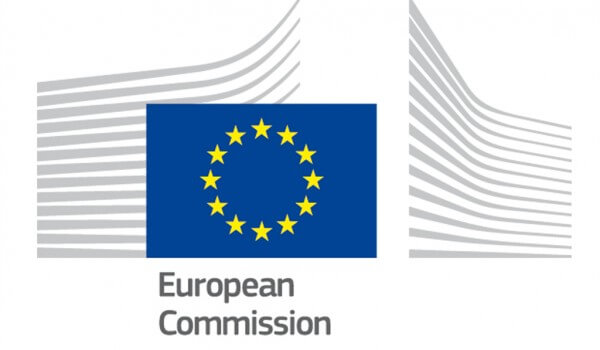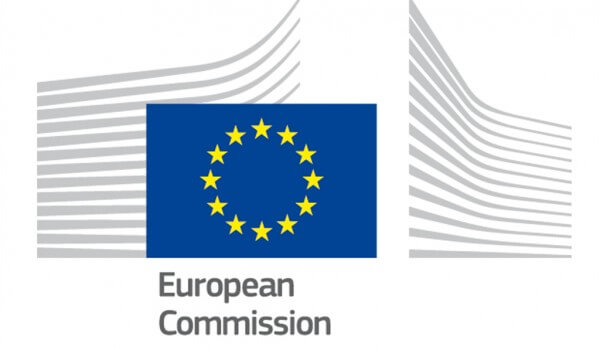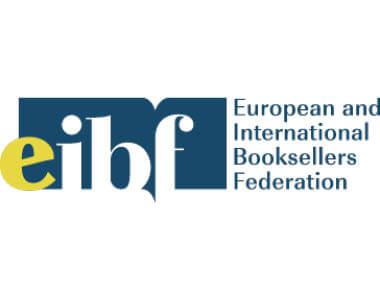Today the European Commission has published its Communication on the future of the European copyright framework. We are digital sectors at heart, and hope the Communication marks the start of an informed, constructive dialogue about how copyright should continue to enable the creative and cultural sectors to thrive in Europe – to the benefit of rights holders, audiences and users alike.
Creativity and cultural expression are a vital part of Europe’s identity. Copyright is the most effective enabler for the creation, financing, production and dissemination of cultural works and for offering consumers the high-quality and diverse content they love. Copyright has also made it possible to facilitate Europeans’ access to legal offers online, and we welcome the Commission’s intention to further support this market development.
In this spirit, we call upon the European Commission to take into account the views of the seven million people who make up the European creative and cultural sectors in Europe. Helping the creative and cultural sectors to grow and to drive job creation requires proposals that respect the rights of creators and their business partners. We look forward to working constructively with the European Commission, the Member States and the European Parliament to find appropriate solutions where needed, while leaving room for market-driven initiatives to lead the way.
Our members come from across the creative and cultural sectors, and are brought together by their belief in creativity, creative works and content, cultural diversity and freedom of expression. Here’s how they reacted:
Grégoire Polad, Director General of ACT, said:
“Today the Commission has published a proposal for a Regulation on portability aiming at allowing subscribers that have paid for subscriptions in their Member State of residence to continue to access that content when temporarily travelling to another member state. We look forward to continuing our work with the Institutions to develop from this blueprint a workable solution that is fit for purpose.”
Benoît Ginisty, Managing Director of FIAPF, the International Federation of Film Producers Associations, said:
“Film producers are excited about the opportunities offered by digital technology – we are already deeply engaged in the digital environment. In the digital economy, licensing distribution rights by territory remains fundamental to the financing, production and distribution of content not just in the EU, but worldwide. It is this freedom to co-produce between different countries and to pre-sell future distribution rights on an exclusive basis to a wide range of distributors in several countries that enables us to finance a vivid European film production and to maximise film distribution to Europe’s culturally diverse audiences.”
David Kavanagh, Executive Officer, Federation of Screenwriters in Europe, said:
“Authors are at the roots of the creative industries’ value chain. We are hopeful that the European Commission will promote a legal environment with fair remuneration of all right holders safeguarding creativity and ensuring the continued investments which are vital to Europe’s economy.”
Anne Bergman, Director of the Federation of European Publishers, said:
“Exceptions to copyright need to be just that – exceptions, not the rule. It’s a positive sign that the Commission says it will take market specificities and existing practices into account regarding exceptions to copyright. The current system enables respect for cultural and national diversity, flexibility and an appropriate degree of EU harmonization and has led to more creative works being available than ever before. Licences can and are already addressing many issues and any new exception would therefore have to be justified by very strong evidence of market failure with account taken to incentives towards investments by writers, publishers and booksellers in order to ensure the creation, publishing and distribution of new books.”
Helen Smith, Executive Chair and Secretary General of IMPALA, said:
“The music sector has made it possible for millions of music lovers throughout Europe to access a large and diversified offer whenever they want and on any device they choose. To maximise this, all online platforms offering copyright-protected content need to compete on a level playing field – copyright rules in particular need to apply to all players who are actively involved in distributing copyrighted works.”
Nick Yapp, President of the European Writers’ Council, said:
“On behalf of over 150,000 authors, writers and translators, the European Writers’ Council welcomes the opportunity to take part in the discussions planned by the European Commission. The importance of the protection of copyright cannot be overestimated. It is an essential ingredient in the process that enables creativity to survive and prosper in any society, and has produced the treasury of European Culture. New exceptions to this protection therefore have to be justified by very strong evidence and with account taken to incentives towards investments by Writers, Publishers and Booksellers in order to ensure the creation, production and distribution of new books.”
Mathieu Moreuil, Head of European Policy of Premier League, said:
“We are proud to provide millions of sports fans throughout Europe and the world with tailored content which matches specific tastes and preferences of each market – online or otherwise. Any dilution of territorial exclusivity could lead to pan-European licensing ultimately destroying that rich, culturally diverse content offer that we are all striving to create. The review of the Satellite and Cable Directive must be approached with great care and it should respect the contractual freedom and the territorial exclusivity which are key for a successful and sustainable future for the creative industries.”
Sylvie Fodor, Executive Director of CEPIC, said:
“Professional photographers and picture agencies work online as a matter of course, and rely on strong copyright protection to make their jobs possible. While the initiatives mentioned in the Communication aiming at a fairer distribution of the value generated on the Internet are to be welcomed, a number of proposed exceptions might further undermine the revenues or discriminate against a certain category of visual authors. What photography needs are strong enforcement measures or a realistic possibility to enforce rights against platforms who have built a business model on the free re-use of copyrighted content.”
David Sweeney, ISFE’s Senior Counsel, said:
“Video games and apps were born digital, and are by their very nature intellectual property. Without IP rights, they wouldn’t exist. As such, respect for intellectual property rights online is vital to the sector, which has flourished in the digital era.”
